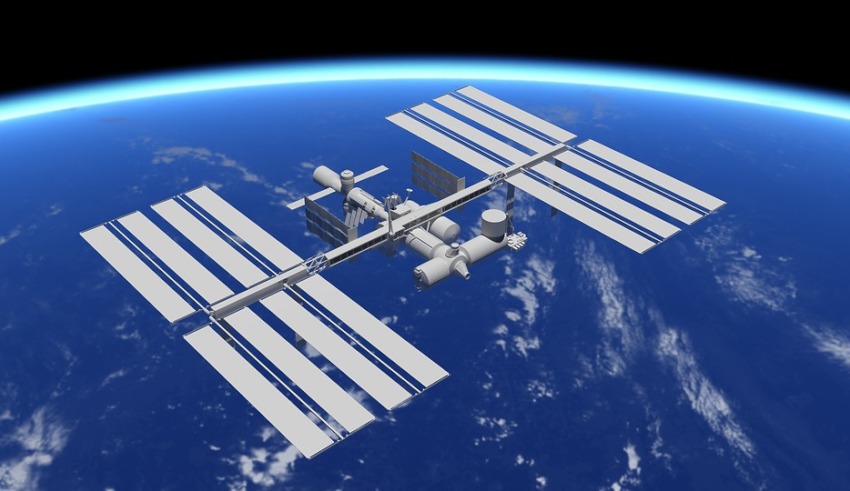Boeing has boosted its green credentials for its bid to win the JP9102 military SATCOM contract after signing a deal with local 3D printers Titomic.
To continue reading the rest of this article, please log in.
Create free account to get unlimited news articles and more!
The announcement between the two companies came as Titmoic was awarded a $2.33 million grant as part of the Australian government’s Modern Manufacturing Initiative, which seeks to understand the development of space-based infrastructure and equipment with the locally made sustainable and “green” resource.
“Under the agreement, Boeing will provide the designs and engineering expertise to enable Titomic to demonstrate its cutting-edge kinetic fusion additive manufacturing technology on the production of space parts, initially for JP 9102,” Paul Watson, Boeing Defence Australia director of aerospace engineering and production, said.
“Demonstrating that additive manufacturing technology, or large-scale 3D printing, using green titanium produces highly resilient, lightweight components will have broad-ranging application across the space sector.”
Recently, Titomic and the CSIRO co-developed Titomic Kinetic Infusion. According to a release from Boeing, Titomic Kinetic Infusion is the world’s biggest and fastest 3D metal additive manufacturing capability.
It is expected that the new ‘green’ titanium will enhance Australia’s space manufacturing industry due to its abundance in Australia, cost efficiencies and sustainability.
“The collaboration with Boeing has the potential to position Titomic as a leading-edge supplier within the space manufacturing industry,” Herbert Koeck, chief executive of Titomic, said.
“Together we can redefine the production process for space vehicles and parts to accelerate Australia’s standing in the global space domain.”
Over recent months, Boeing has entered into agreements with RMIT, Saber Astronautics, Leidos, ViaSat, the Indigenous Defence and Infrastructure Consortium (IDIC) and Clearbox to support the development of Australia’s growing space industry.
Just weeks ago, Boeing Australia and the Royal Australian Air Force have advanced the operational readiness of the Airpower Teaming System aircraft, successfully demonstrating multiple payloads, semi-autonomous behaviours and crewed-uncrewed teaming in the digital environment.
In a multi-day exercise that expanded upon a similar activity, RAAF operators worked with the digital twin to develop and test autonomous behaviours in operational scenarios and against threats provided by Defence.
According to Air Vice-Marshal Robert Denney, RAAF head of Air Force Capability, the state-of-the-art digital twin concept has allowed for evaluation and integration of smart human-machine teaming systems in our force structure.
“We are working closely with Boeing Australia on the integration of advanced payloads and operational requirements to ensure the Airpower Teaming System capability will be mission-ready to support air combat operations,” AVM Denney said.
[Related: Boeing pens new RAAF P-8A Poseidon contract]

 Login
Login







